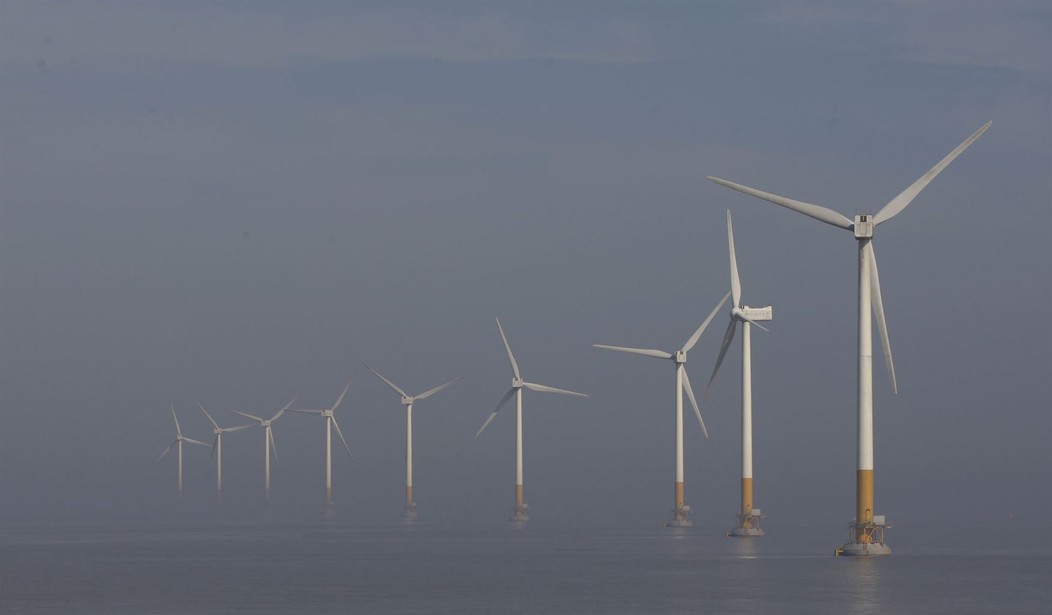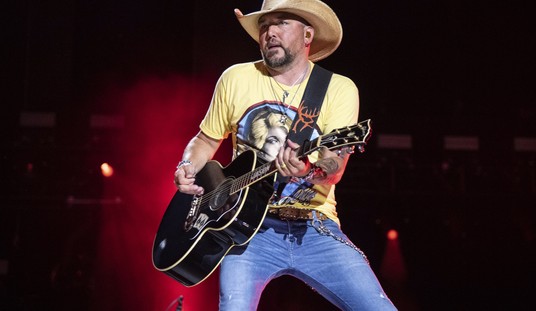A wind energy company named Avangrid has been in the process of developing a massive offshore wind farm called the Commonwealth Wind project, working with the support of the state of Massachusetts for several years. When completed, it was to be a 1,200-megawatt energy source. A second offshore project from Mayflower Wind was to produce an additional 400 megawatts. But now, the companies behind both of these projects have asked the state to put the plans on hold. The reason given was that the projects are “no longer viable” under the current conditions and they will be unable to move forward for the time being. But the reason for hitting the brakes has little to do with technology or weather and a great deal to do with the economy. (New Bedford Light)
A major offshore wind project in the Massachusetts pipeline “is no longer viable and would not be able to move forward” under the terms of contracts filed in May. Both developers behind the state’s next two offshore wind projects are asking state regulators to pause review of the contracts for one month amid price increases, supply shortages and interest rate hikes.
Utility executives working with assistance from the Baker administration last year chose Avangrid’s roughly 1,200-megawatt Commonwealth Wind project and a 400 MW project from Mayflower Wind in the third round of offshore wind procurement to continue the state’s pursuit of establishing cleaner offshore wind power. Contracts, or power purchase agreements (PPAs), for the projects were filed with the Department of Public Utilities in May.
As noted above, these wind farms aren’t being put on hold because the wind suddenly stopped blowing offshore. (Though that does happen from time to time.) Nor were the developers running into problems with their turbines, or at least no more than usual. As with so many things in American politics and the industrial sector… it’s the economy, stupid.
The problems being cited by the developers are no doubt familiar to almost all of you by now. They are describing global commodity price increases, sudden increases in interest rates, and supply chain woes that are slowing production and driving up costs. Declining labor force levels are adding additional concerns. All of these factors are combining to make the construction of the project unsustainable.
There’s an obvious bit of irony in seeing the same state and federal government actors who have pushed “green energy” down everyone’s throats sitting on this particular sideline. Those same people whose policies helped drive this collapse in the supply chain and the labor market, along with the spike in the prices of pretty much everything, are now watching as one of their signature “clean energy” achievements falls victim to the conditions they created.
In their brief, the developers suggested possible solutions to get them back on track. These included cost-saving measures and government tax incentives. But the only way these projects ever got off the ground initially was because the government was already massively subsidizing the wind energy industry in general and these proposed wind farms in particular. Wind energy is not profitable in and of itself without huge government subsidies. And now that the economy has largely collapsed over the past two years, those chickens are coming home to roost, assuming they avoid getting chopped up in the blades of a wind turbine like the eagles.
Here’s an exit question for the peanut gallery to consider. Has anyone checked to see how well these turbines would hold up if a category 4 or 5 hurricane blew through? It doesn’t happen often off the coast of the northeast, but I’m sure that the people there still remember Sandy. I did some checking, and the developers claim that those sorts of weather events have been “taken into consideration.” But those towers look rather spindly to be standing tall in 150-mile-per-hour winds. But hey… maybe that’s just me.








Join the conversation as a VIP Member